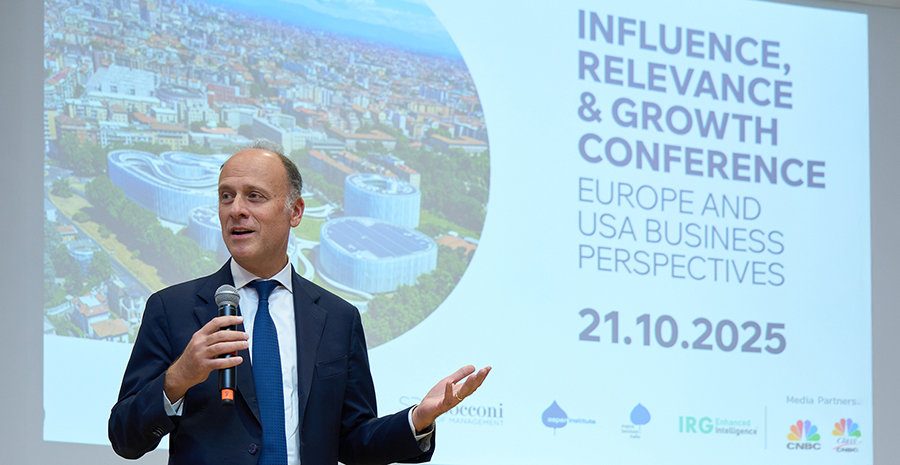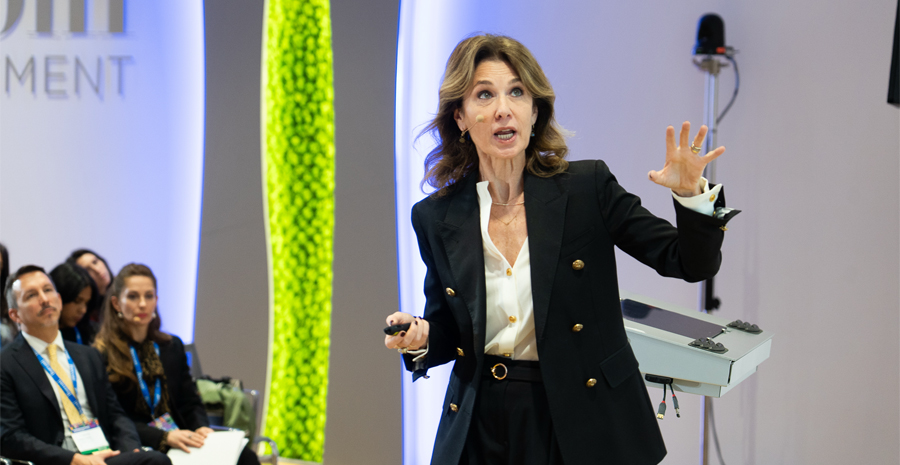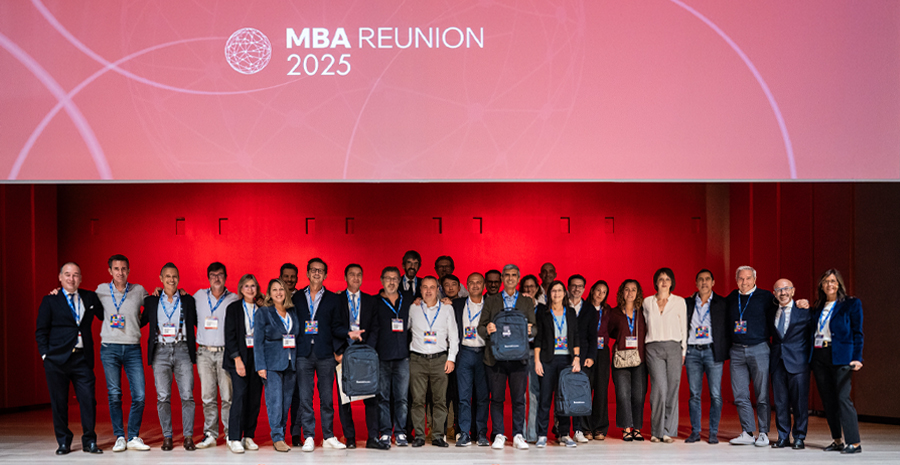MAMA ALUMNI STORIES | The Story of Trevor John Pichanick
Students and Alumni are the best testimonial of how MAMA helps students achieve their goals. So let’s hear from them! Trevor John Pichanick was a successful opera singer. But he found his role was too limited, and did not allow him to help other people to foster their creativity. So he undertook MAMA – and now he uses his creative talents to spur artistic talent in others.
How would you describe your previous job?
Like MAMA itself, my background is kind of a melting pot – I was born and grew up in Zimbabwe. I moved to Australia to study music and my first professional job as an opera singer was at the Sydney Opera House. After a few years I moved to Germany and continued to work as a singer. I’ve been in Europe now for almost exactly 10 years.
How is your current new job?
As the Assistant to the Artistic Director at Komische Opera Berlin, I receive a lot of communication from every part of the company as well as various external stakeholders. I need to know how it all fits together, discern what is relevant for whom and be able to pass on information precisely, efficiently – and in many cases diplomatically.
Why did you choose MAMA? Why exactly in that moment of your career?
At a certain point I felt limited working as a singer. I wanted to be creative on a larger scale and work with artists from different areas such as visual arts or dance. A lot of my performances took place in special places like museums or heritage sites, and I became fascinated with their preservation and making them accessible to the public. That’s one reason why I chose MAMA, because it incorporates all of these specialist areas.
Bocconi was attractive to me because of its international reputation and ranking as a business school and I wanted a qualification that would also be recognised outside of the cultural sector.
The fact that the course is in Italy was attractive to me because cultural tourism is one of Italy’s largest industries. What better place to learn how to manage cultural heritage? And that’s not to say that Italy always has the best practice, but there is a lot of opportunity to put new ideas into practice.
What made you decide it was the right moment?
Before applying I had a Skype meeting with a student advisor and then I had a chat with the course Director, Andrea Rurale, which I would highly recommend. The whole team is very approachable and I think it’s important to ask questions and make sure that you want to invest – from both sides!
I was definitely nervous about the aptitude tests – I was used to singing auditions. Mind you, I know Andrea Rurale loves opera, so maybe I could have sent a video of me singing!
Once I got into the programme and met my colleagues, I understood that everyone has very different skills and we all have something unique to offer. The application is not about being the best, it’s more about presenting yourself and what you do best.
How was the MAMA experience? How do you see yourself changed after the Master?
It’s not possible to do MAMA and come out the same person! I definitely learned a lot about what I am good or not so good at – but more importantly, about valuing others for what they bring to the table. In most cases, you will get a better result if you have a motivated team with flexible outcomes, than trying to force people to produce something that doesn’t come naturally to them. Good management takes trust – and I think the programme taught me how to trust others - and myself -more.
Our MAMA class was truly an international melting pot – I think around 30 people from 16 different countries? People fresh out their bachelor degrees and others with a lot of experience in the cultural sector, and still others who come from completely different industries.
The classroom and the campus is absolutely an environment where everyone is free to express themselves and be fabulous! And like any academic institution, the floor is always open for a little healthy debate…
What are the skills and competencies learnt?
MAMA is a very concentrated and intense course that teaches you the really key success factors in the various areas of arts management – from strategic planning to marketing to fundraising to financial planning. But also how these different areas connect together as a whole. This is what really helps me in my current job.
Bocconi is not just a management school, but a research university. The professors are on the forefront of development, not just in terms of “business”, but also psychology and communication. The future of management lies in people management – and that is one of the core values that I learned at Bocconi.
One of the best things about MAMA, and something that students in other programmes are always jealous about, is that we get to visit locations that are often closed to the public or get access to special cultural events and are able to meet the people working behind the scenes. I will never forget our private sunrise tour of the Vatican or seeing the cave city of Matera lit up at night.
What advice would you give to those considering MAMA?
To people considering applying to MAMA I’d say: do it! Contact the staff, contact us the alumni and ask questions – be prepare to invest and focus; it’s an incredible year, and one that you can’t regret.
To candidates currently undertaking MAMA I’d say keep going! You can do it! It’s great to go into the course with a clear idea of what you want get out of it. But be prepared for your priorities to change and to learn things that you didn’t think you needed to. Like any course of study, you will not be handed everything on a silver platter – you determine how much you get out of the experience by the way you approach it.
Are you in contact with your classmates and with the Bocconi Alumni network?
I’m part of the Bocconi Alumni Network now, as well as the ACKnowledge Network, which is specifically for arts management alumni. They hold various professional development and networking events like podium discussions with leading professionals, which attend online. There’s also a local Bocconi Alumni chapter here in Berlin.
Did it help you after your master experience?
I’ve definitely benefited from being a Bocconi Alumnus – I’ve worked in three different cities since graduating and in every city I’ve came across other Bocconiani. There is always an immediate click and a willingness to build connections.
SDA Bocconi School of Management
*Performance footage courtesy and copyright of the Komische Oper Berlin.
Influence, Relevance & Growth: Addressing the ...

Luxury Reloaded: Challenges for 2025

MBA reunion 2025



